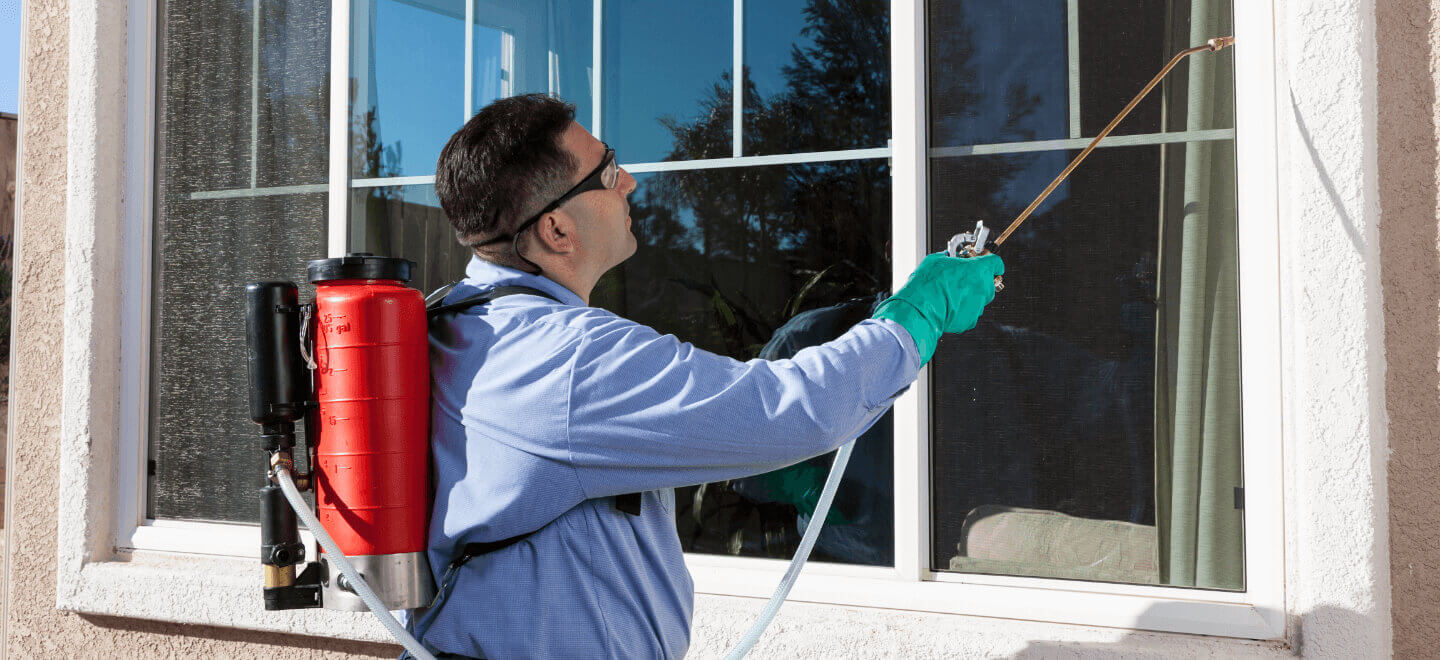Specialist A1 Charlotte Bed Bug Exterminator - High Quality Service Assured
Specialist A1 Charlotte Bed Bug Exterminator - High Quality Service Assured
Blog Article
Bed Insect Treatment Malfunction: Comparing Chemical Vs. Non-Chemical Solutions
In the world of parasite control, specifically when taking care of the persistent concern of bed pests, the choice in between chemical and non-chemical therapy services can be a critical one. Both techniques provide distinctive benefits and drawbacks, influencing aspects such as effectiveness, safety and security considerations, and total expense. By analyzing the nuanced details of each method, a clearer understanding of which path to go after in dealing with a bed bug infestation can be attained.
Efficiency of Chemical Therapies
Chemical therapies for bed pest infestations have been commonly recognized for their powerful and fast efficiency in eradicating these parasites. When taking into consideration the effectiveness of chemical treatments, it is essential to understand that they can provide a fast and comprehensive remedy to a bed insect issue. Expert pest control specialists frequently rely upon insecticides to target bed insects at various stages of their life process, including eggs, nymphs, and adults. These chemicals commonly work by interrupting the bed pests' nerve system, resulting in paralysis and ultimate fatality.
Moreover, chemical therapies have the advantage of supplying recurring effects, implying that they can continue to get rid of bed insects also after the initial application. This recurring action is especially useful in combating any kind of possible re-infestations. Additionally, the fast activity of chemical treatments can bring relief to individuals dealing with extreme bed bug infestations, permitting them to regain control of their space swiftly.
Safety And Security Concerns With Chemical Solutions
One critical element that calls for cautious factor to consider when using chemical services for bed insect therapy is making certain the safety of occupants and the environment. While chemical therapies can be efficient in eliminating bed bugs, they might position risks if not managed appropriately. One of the primary safety worry about chemical solutions is the possible harm they can create to human health and wellness. Exposure to specific chemicals made use of in bed insect treatments can lead to breathing problems, skin irritation, or various other negative reactions, especially in individuals with pre-existing problems or sensitivities. In addition, inappropriate application or dose of chemical pesticides can result in hazardous deposits sticking around in the cured area, posing lasting health and wellness risks to occupants.
In addition, the environmental effect of chemical remedies is another substantial factor to consider. Some chemicals used in bed insect therapies may be hazardous to valuable insects, wildlife, and ecosystems if they seep right into the soil or water systems. It is important to use chemical treatments deliberately, adhering to safety and security standards, and taking into consideration less hazardous choices to minimize these threats and guarantee the effective and safe description management of bed pest infestations.
Advantages of Non-Chemical Techniques
Taking into consideration the prospective safety worries and environmental influence associated with chemical solutions for bed pest treatment, discovering non-chemical techniques offers an encouraging alternative with numerous resource unique benefits. Non-chemical therapies are ecologically friendly, as they do not contribute to air or water contamination, making them a lasting option for pest control.
Additionally, non-chemical services can be reliable in targeting bed insects, consisting of hard-to-reach areas where chemical therapies may not permeate - A1 pest control services charlotte. Methods such as warmth therapy, vacuuming, heavy steam cleaning, and cushion coverings supply detailed elimination without the use of damaging chemicals.
Limitations of Non-Chemical Treatments

Additionally, non-chemical therapies frequently need numerous applications to attain successful removal. This can be taxing and may not always ensure total removal of all bed pests and check my source their eggs, particularly in surprise or hard-to-reach locations.
Additionally, the success of non-chemical treatments greatly relies upon proper implementation and thoroughness, which can be challenging for people without professional proficiency. Inadequate application of non-chemical methods may result in incomplete eradication, bring about persistent problems and the demand for additional treatments.
For that reason, while non-chemical treatments have their advantages, it is vital to recognize these constraints and consider them when establishing one of the most efficient technique for taking care of bed bug problems.
Price Contrast: Chemical Vs. Non-Chemical Options
Given the restrictions linked with non-chemical therapies, a necessary aspect to examine in the context of bed pest management is the expense contrast between chemical and non-chemical choices. In comparison, non-chemical treatments like heat treatment or steam can be a lot more costly, with expenses varying from $1,000 to $6,000 for a whole home. While the initial expense of chemical therapies might appear reduced, multiple treatments may be needed to completely remove the infestation, potentially enhancing the total price.
Conclusion

Taking into consideration the potential security worries and ecological influence associated with chemical services for bed insect therapy, discovering non-chemical techniques offers a promising alternative with a number of unique advantages.Given the restrictions connected with non-chemical therapies, an essential aspect to evaluate in the context of bed bug management is the cost comparison between chemical and non-chemical options. In comparison, non-chemical therapies like warmth therapy or vapor can be more costly, with prices varying from $1,000 to $6,000 for a whole home. While the first price of chemical therapies might seem reduced, numerous therapies might be required to totally get rid of the problem, possibly boosting the general expense.In conclusion, when comparing chemical and non-chemical bed pest therapy alternatives, it is essential to take into consideration performance, safety and security, advantages, restrictions, and cost.
Report this page